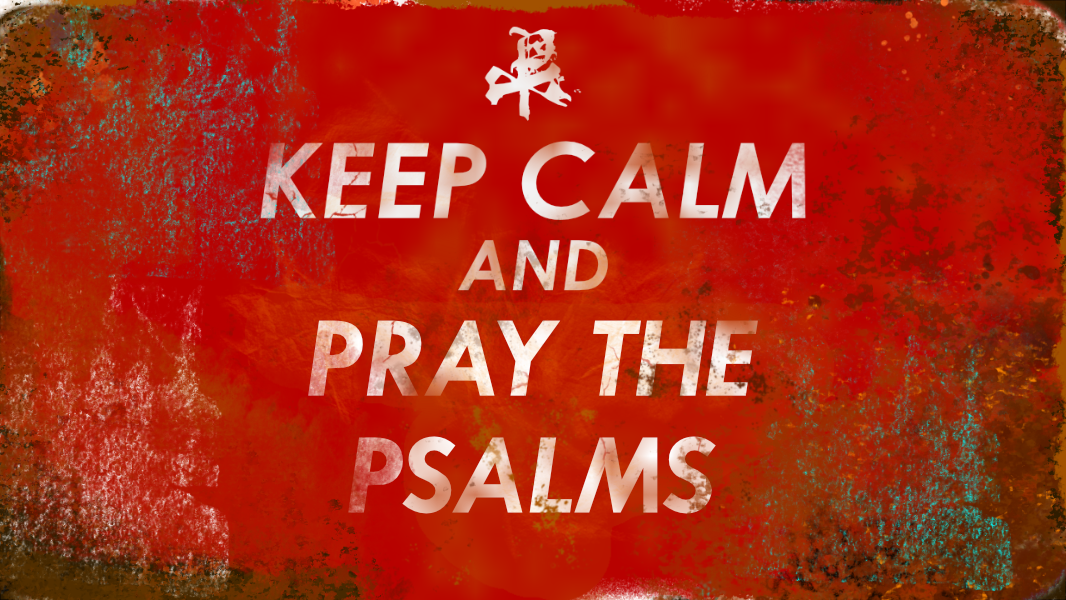Ziklag - In Name Only
"Wealth" More Than Just Stuff
The Plastic Illusion
From the X Trenches
Are the Poor Really Richer Now Than They Used to Be?
“Excessive plastic consumables is not ‘wealth.’ The poor have owned no more land, gotten no more literate, and are not more healthy than … well maybe ever.”
In a culture bloated with gadgets, subscriptions, and fast fashion, it’s easy to believe the story we’re being sold: that modernity has lifted the poor into a new era of abundance. After all, everyone has a smartphone now, right? Streaming, fast food, and online shopping are accessible even to those at the margins. By these standards, hasn’t poverty been defeated?
A post circulating this week attempted to assert just that: that over the last 40 years, both the rich and the poor have gotten richer. It’s the kind of economic talking point that sounds hopeful and progressive—until you poke at it.
Let’s do that.
1. Wealth Isn’t Just Stuff.
A glut of cheap plastic goods does not equal prosperity. “Disposable” doesn’t mean beneficial. When the measure of wealth is how many short-lived items one can accumulate from a box store or online mega-retailer, the entire concept of value has been inverted. The ancients knew better: wealth is land, lineage, liberty, and the fruit of one’s labor. None of these are up among the poor in the West.
2. The Landless Future
Despite four decades of GDP growth and stock market highs, land ownership has stagnated or declined among the lower classes. Rents rise faster than wages. Mortgages have turned to digital chains. Zoning, inflation, and legal jargon act as high walls, separating those who dwell from those who own. And those who do own? They’re often just leasing it back from banks.
3. Literacy Without Logos
Yes, there are more screens. But that doesn’t mean there’s more wisdom. Or even more literacy. Literacy in its biblical sense is not the ability to read TikTok captions but the understanding of meaning, discernment, memory, and wisdom. Has the average person grown more discerning, more self-controlled, more rooted in Truth? Or simply more programmable?
4. Health in Name Only
Technically, lifespans are longer. But are bodies stronger? Minds clearer? Fertility healthier? As chronic illness surges, obesity skyrockets, and anxiety disorders become normative, it’s worth asking: is this truly progress? Or have we traded our vitality for convenience—and called it medicine?
5. The Hidden Cost of Comfort
There’s no doubt that the average poor American today owns things that emperors of old could never have dreamed of. But are they free? Are they spiritually alive? Have they inherited the Earth? Or have they been pacified—given their circus and their bread, their subscription and their Big Mac?
As Jesus said: “What does it profit a man if he gains the whole world, and loses his own soul?” (Mark 8:36)
The reality is this: without land, without legacy, without virtue, and without truth, the illusion of wealth is just that—an illusion. A plastic one, at that.





Perhaps the unfortunate influence of social media, dumb phones, worthless TV/cable programming have disfigured human priorities. When our focus is on "stuff" instead of our Creator and all blessings are from Him, we will never know true wealth.